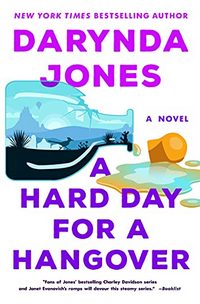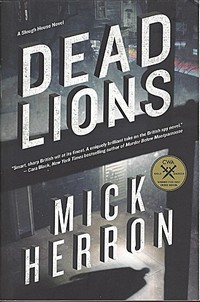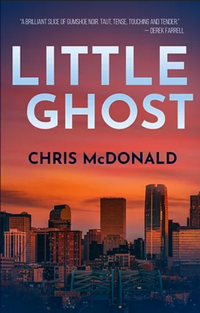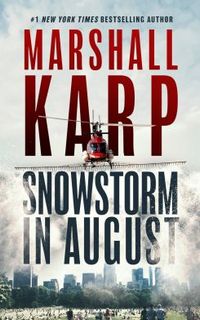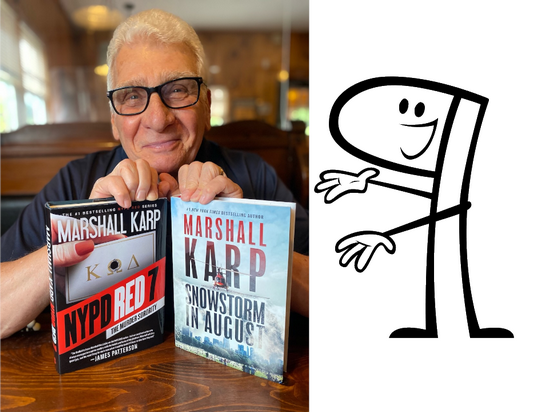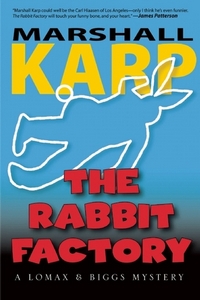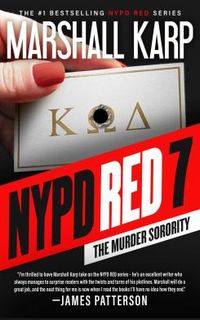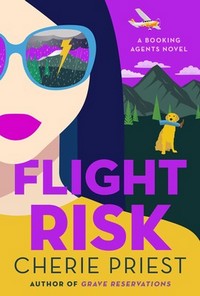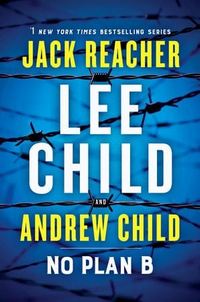 No Plan B
No Plan B
by Lee Child, Andrew Child (Narrator)
DETAILS: Series: Jack Reacher, #27 Publisher: Delacorte Press Publication Date: October 24, 2022 Format: Hardcover Length: 357 pg. Read Date: December 1-3, 2022

…maybe the others were right. With Reacher running around out there, maybe the full ceremony isn’t the smart way to go. Maybe It’s time we switched to Plan B.”
“We don’t have a Plan B, We’ve never needed one.”
“Maybe it’s time to think of one.”
What’s No Plan B About?
Reacher sees something in a newspaper about a museum display nearby, so he goes to check it out. This leads to him being in just the right neighborhood to see someone being pushed in front of a bus. While others are calling 911 and trying to tend to the victim, Reacher pursues the pusher. This leads to a confrontation where Reacher’s size works against him for once, and with the help of his partner, the man gets away (a Tom Cruise-sized character probably would’ve got at least one of them). Before they slipped away, Reacher got a glimpse of something the man took off the victim that made him curious.
That glance starts a whole machine working—that man, his partner, and their bosses can’t have what he saw become public. They don’t know how much time he got with the information, how much he read/understood—but if he saw anything, it could make things go very wrong for them. So they dispatch another team to take care of Reacher (the two that escaped aren’t in any shape to do anything after tangling with our hero).
Meanwhile, Reacher tries to convince the police that the woman had been pushed. But there’s already a witness who’d been swearing she jumped, and no one confirms what Reacher saw. The detective in charge sympathizes with Reacher and wants to follow up on his statement, but his superiors like the tidy answer a suicide brings. He feeds Reacher a bit of information, and the former M.P. is off on his own investigation. When the new team tries to take him out, Reacher knows he’s on to something and digs in for the long haul. This will take him from Colorado to a small town in Georgia, home to a prison the murder victim worked at.
Two other parties are making a trip to that same town. One is a teen who just learned that his father is imprisoned there—in the same conversation that he learned his father’s identity from his dying mother. He steals some money from his foster mother (money that should’ve been used to care for him, I should note) and buys a bus ticket from LA. He’s in over his head, and as we follow him on his journey it becomes clear that the fact that he survives long enough to get to Georgia is a sign of divine blessing or dumb luck.
We also track a father out for revenge. He’s a professional arsonist—actually, he employs professional arsonists at this point in his career. Something happened that killed his son—the details are kept vague for the reader. The grieving father backtracks the supply chain that provided the product, determined to destroy the man at the top.
So, what did I think about No Plan B?
After last year’s Better Off Dead, I was prepared to put this collaboration/Reacher 2.0 in the “Not for Me” category. I’m glad that the brothers continue to have success, and that many, many readers are satisfied, but it might be time for me to disembark. I wanted to give them one more chance—everyone has an off-novel, right?—but I’d decided that this would be my last Reacher novel. This was good enough to get the brothers another. I guess my fandom is no longer a long-term lease, but the equivalent of a month-to-month rental.
One strategy I employed going into this was ignoring half of the names on the cover—this is an Andrew Grant/Child take on Reacher, not a Lee Child*. That adjustment to my expectations, helped a bit, too.
* I’ve heard and seen multiple interviews/features on the pair describing how they work together, so I know it’s not entirely true. But, it helped me.
The action was good—but hallway fights might be better left to Daredevil than print. I wondered for most of the book if they had one too many storylines, but I ended up buying into the idea. The first hundred pages were great (at least the Reacher vs. conspirators storyline, and maybe the foster kid)—particularly the first couple of chapters, it was a very effective hook. Pages 100-300 were good enough—some “meh” bits, enough good bits to keep me engaged and to push the narrative along, with a really nice uptick over the last chapter or two. The last 50 pages were rushed—you want things to move quickly in the end of the thriller, you need fast action to go along with the adrenaline of the big finish—but this was just too much happening, and it was hard to appreciate it all. There’s a fast momentum, and there’s careening out of control, and this came close to that.
Still, it was in those pages that I came around to liking the revenge storyline and getting why the Childs went with it.
This was a decent thriller with some really good moments featuring a character that reminded me a lot of that guy from 61 Hours, The Hard Way, and One Shot. It’s a fast, entertaining read that will do the job.

This post contains an affiliate link. If you purchase from it, I will get a small commission at no additional cost to you. As always, the opinions expressed are my own.
![]()



